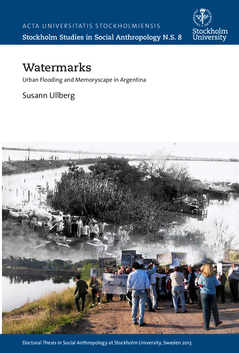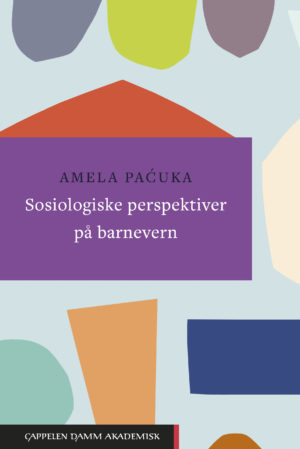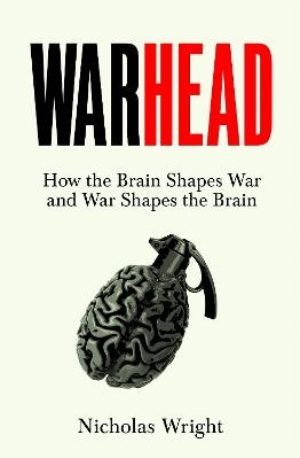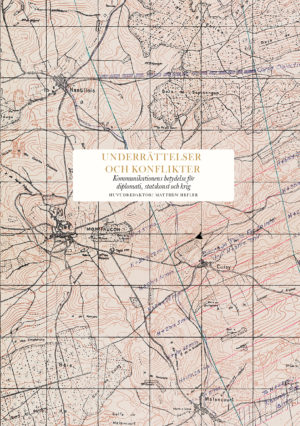The relationship between social experience and action in the context
of recurrent disasters is often thought of in terms of adaptation. This
study problematises this assumption from an anthropological perspective
by analysing the memoryscape that mediates past experiences
of disasters. The inquiry is based on translocal and transtemporal
ethnographic fieldwork conducted in 2004-2011 in the flood-prone
city of Santa Fe in Argentina. The study examines how past flooding
is remembered by flood victims in the middle- and low-income
districts and by activists of the protest movement that emerged in
the wake of the 2003 flood. It deals with flood memory in the local
bureaucracy, in local historiography, myths and popular culture. The
analysis reveals that the Santafesinian flood memoryscape is dynamically
configured by evocative, reminiscent and commemorative
modes of remembering, which are expressed in multiple forms, ranging
from memorials and rituals to bureaucratic documents, infrastructure
and everyday practices. The study addresses the relationship
between memory, morality and social inequality and discusses
the implications for questions regarding vulnerability, resilience and
adaptation.







